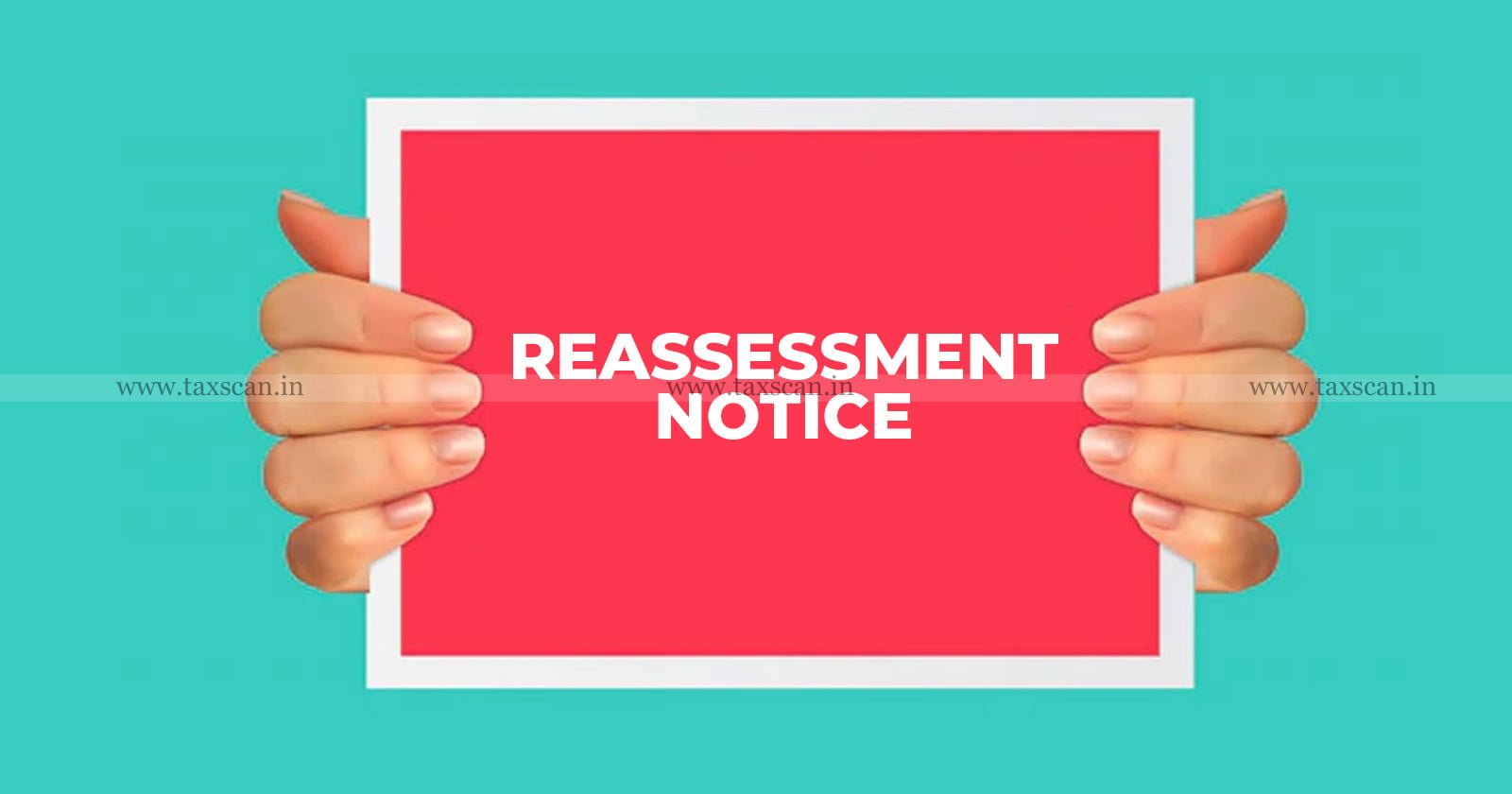10-Year Extended Limitation Period Applies to Escaped Amounts Exceeding 50 Lakhs: Delhi HC quashes Reassessment Notice [Read Order]

Extended Limitation Period – Extended Limitation Period Applies to Escaped Amounts – Delhi HC – taxscan
Extended Limitation Period – Extended Limitation Period Applies to Escaped Amounts – Delhi HC – taxscan
A Division bench of the Delhi High Court, comprising Justice Rajiv Shakdher and Justice Girish Kathpalia, in the course of deciding a writ petition, emphasised that the extended 10-year limitation period for reassessment is applicable exclusively to amounts escaping Rs. 50 lakhs.
The key issue at hand pertains to the viability of notices served under Section 148 of the Income Tax Act, 1961, in light of the provisions outlined in Clauses (a) and (b) of Section 149(1) of the same Act.
The petitioners, who are assessees, argue that if the alleged concealed income is below the specified threshold of Rs. 50 lakhs, the limitation period prescribed in Clause (a) of Sub-section (1) of Section 149, which is three years from the end of the relevant Assessment Year (AY), should apply.
They contended that for the extended limitation period under Section 149(1)(b) to be valid, which spans beyond three years but not exceeding ten years, certain jurisdictional conditions must be met. One of these conditions stipulates that the income in question, escaping assessment, must amount to Rs. 50 lakhs or more.
However, it is acknowledged that the alleged income in this case falls below this threshold. The assessees argue that applying Section 149(1)(a) and (b) would render the notices ineffective, a stance disputed by the revenue.
On the other hand, the department asserted that the notices are within the limitation period based on an interpretation of the provisions along with the Supreme Court's judgment dated May 4, 2022, in Union of India and Ors. vs. Ashish Agarwal, Instruction No. 01 of 2022 issued by the Central Board of Direct Taxes (CBDT) on May 11, 2022, and the Taxation and Other Laws (Relaxation and Amendment of Certain Provisions) Act, 2020 (TOLA).
The revenue stated that the Instruction dated 11.05.2022 issued by the CBDT, which states in paragraph 6.1 that the extended reassessment notices would travel back in time to their original date when such notices were issued, provides no clarity as to what that “original date” would be.
The court observed that the new regime, as indicated in the Finance Minister's speech and the Memorandum, reduced the time limit for reopening assessments from six to three years. Only in cases of "serious tax evasion" involving evidence of concealing income of Rs. 50 lakhs or more within a specific period, the reopening period was extended to ten years.
Notably, the court highlighted the requirement for approval from the Principal Chief Commissioner of Income Tax at the highest hierarchical level before invoking the extended limitation period. The court underscores that the intention behind the new regime was to minimize litigation and facilitate ease of doing business for taxpayers by reducing the time limit for issuing notices for assessment, reassessment, and re-computation.
The bench stated that “Thus, as per the Memorandum, in “normal cases”, no notice was intended to be issued if three (03) years had elapsed from the end of the relevant AY. Notice, beyond the prescribed three (03) years from the end of the relevant AY, could be issued only in a few specific cases; one such example which is given in the Bill is where the AO was in possession of evidence that escaped income amounted to Rs.50 lakhs or more.”
It was added that “The State, perhaps, did not deem it worthwhile to chase assessees beyond three (03) years, where the alleged escaped income was less than Rs.50 lakhs. These aspects concerning legislative policy come through if one were to read the relevant provisions of the statute referred to above in the background of the speech of the Finance Minister and the Memorandum.”
Consequently, the court concluded that the orders issued under Section 148A(d) and the subsequent notices issued under Section 148 of the amended Income Tax Act, 1961, pertaining to AY 2016–17 and AY 2017–18, cannot be sustained.
To Read the full text of the Order CLICK HERE
Support our journalism by subscribing to Taxscan premium. Follow us on Telegram for quick updates


